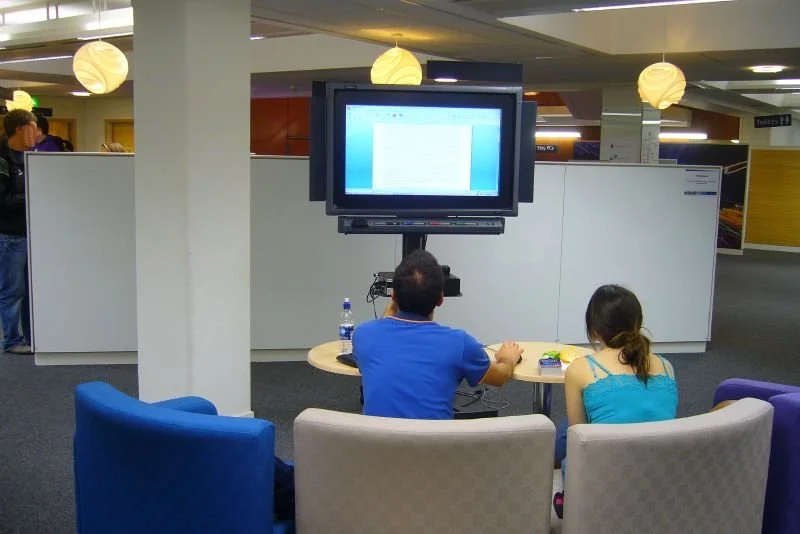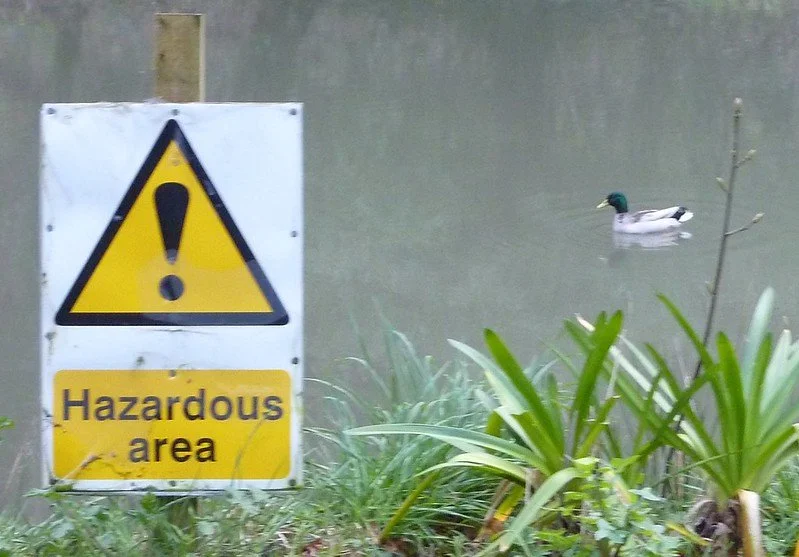It is at once depressing and smugness-inducing to discover that an article I wrote 17 years ago is still reasonably relevant.
The article in question is called Easy Assess, and was published in The Guardian. The subtitle is:
Using the preparing and marking facilities available on the internet can make testing easier, says Terry Freedman
Just to deal with the 'smugness' aspect first, if I were that sort of person I might allow myself to feel smug about the fact that I was talking about automated marking all those years ago. But I'm not, so I won't. More importantly, the reason that it's depressing is that I could publish exactly the same article today apart from cleaning up a few links, and it would be just as relevant.
Given that it is now easy to create self-marking tests using a variety of apps and programs, teachers ought to be making much use of them in my opinion. Why? For two reasons.
First, they are a great time-saver. You still have the same fixed cost, that of creating the test. But you don't have the variable cost of marking the darn thing. True, you could get the kids to mark each other's, but unless you make that a teaching activity in itself, that also uses up a lot of time, possibly half a lesson at least. A good teaching activity in that context would be showing kids what the person marking the test is looking for, and how hard it can be sometimes to decide whether an answer is correct or not.
Secondly, I've been studying assessment for decades, and if you're going to say that the kind of tests that can be marked automatically tend to be mainly so-called 'low level' ones like a vocabulary test, that they lack nuance, that they are almost certainly not valid in the sense of measuring what they purport to measure, and are probably not reliable, my response is to say: "I agree (mostly)!".
However, leaving aside the fact that I don't think vocab tests are low level, I think we can borrow a term from the Tavistock Institute in London, which suggests the concept of 'good enough' parenting. We'd all like to be perfect parents, but given that that is impossible, we can settle for 'good enough'. Well, I have this concept of good enough assessment. Yes, I want all my tests to be perfectly valid, 100% reliable, totally resistant to different interpretations -- but I'm never going to get that. What I also want though, and need right now, is to get a quick idea of whether most of the kids in my class have 'got' it, and if not, where are they going wrong, and who needs extra extra help?
Automated marking also means you can set a test more often, because you know that you won't have the overhead of marking. I used to set a test every week for each of my classes.
I think there is also another hidden message about giving a test every week. You're telling the kids in effect that you think this topic is important enough to warrant a test on it. Of course, ideally we want the kids to learn the stuff because they love it and see it as important in its own right. Unfortunately, generations of politicians and others have taught kids that if something isn't tested then it's not worth spending time on.
Anyway, have a read of the original article if you like. It mentions a few marking applications. I always found Hot Potato to be very good, but if you would prefer something more accessible on a smartphone have a look at the article about 20 time-saving grading apps.
While reading that Guardian article I also came across a quiz I used to have on my website, circa 2000. Here's the link, courtesy of the Wayback Machine: Terry's Quiz. The submit button doesn't work any more (it used to send answers to me), but the quiz itself still does. I set it up because I wanted to make the point that automated tests don't have to be boring, and little more than a pencil and paper test but on a screen.











I published this on 7 December 2009. I don’t think anything has changed since then as far as my opinions are concerned. I have removed a now-defunct link.